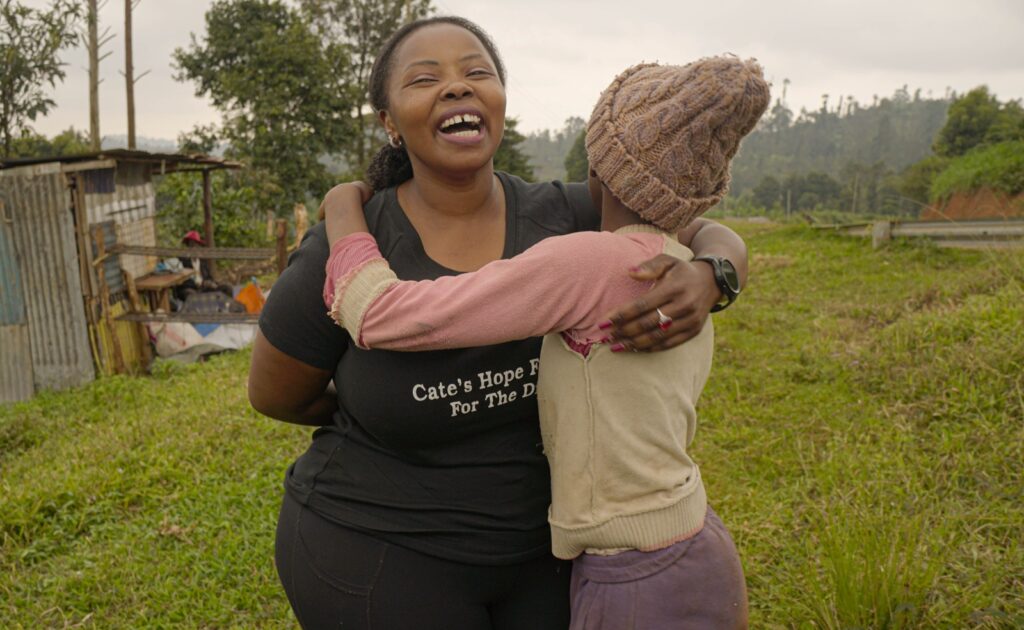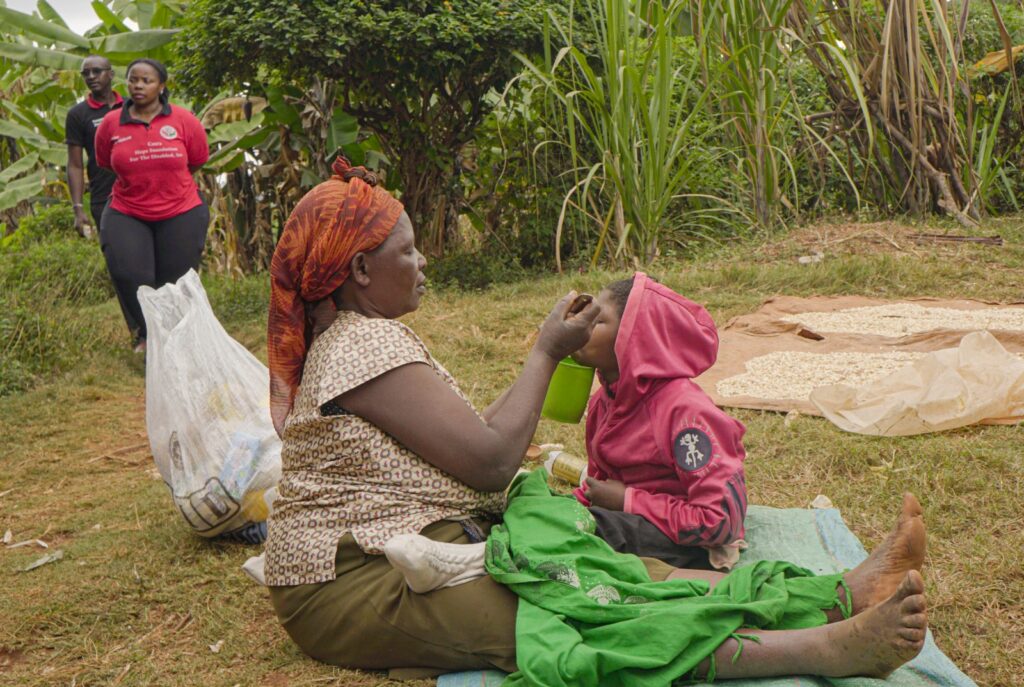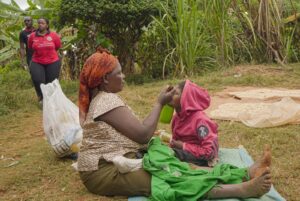In many Kenyan communities, the stigma surrounding disability persists, leading some parents to hide their disabled children. This practice often stems from fear, shame, or a lack of understanding, depriving these children of the support and care they need. However, bringing disabled children into the open is crucial for their development and well-being.
Parents who choose to hide their disabled children inadvertently deny them access to essential resources such as education, medical care, and social interaction. By bringing these children into the light, parents open the door to a world of opportunities. Kenya now offers a range of community programs, specialized schools, and healthcare services aimed at helping disabled children develop crucial skills and lead fulfilling lives.

For young parents, the thought of receiving an autism diagnosis for their child can be daunting. At 21, with a 16-month-old child, the worry about how such a diagnosis might affect your parenting is natural. However, it’s important to remember that an autism diagnosis is not a judgment on your parenting abilities. Instead, it’s a step toward understanding your child’s unique needs. Early diagnosis and intervention are key to helping children with autism develop the skills they need to navigate the world.
Teachers often find themselves at the intersection of ethical dilemmas, especially when it comes to disclosing a student’s autism diagnosis. If a student, diagnosed at a young age, begins to question why they feel different from their peers, the situation becomes even more delicate. While it’s important to respect the parents’ wishes, the student also has a right to understand themselves. Engaging in a conversation with the parents about the benefits of the child knowing their diagnosis could be a constructive approach, allowing the child to access the support they need while fostering self-awareness.
Many parents notice signs of autism before seeking a formal diagnosis. Early indicators include a lack of eye contact, delayed speech, repetitive behaviors, and difficulty with social interactions. If you observe these signs in your child, seeking a professional evaluation is crucial. Early intervention can significantly improve outcomes for children with autism, helping them lead more independent and fulfilling lives.
Efforts to support disabled children in Kenya are growing, with various initiatives aimed at providing the necessary resources for these children to thrive. One notable organization is Cate’s Hope for The Disabled, a foundation dedicated to improving the lives of disabled children across Kenya. The foundation focuses on providing essential resources such as food, supplies, and mobility aids like wheelchairs to children in need, particularly those from impoverished backgrounds.
Cate Nyambura, the president and founder of Cate’s Hope, is a philanthropist based in the USA with deep roots in Kenya. Her commitment to supporting vulnerable children has driven the foundation to make significant contributions to the well-being of disabled children in various regions. On 15th August, Cate’s Hope delivered vital foodstuffs to affected children in Muranga County, underscoring the importance of community support in improving their lives.
By bringing attention to the needs of disabled children and addressing the challenges they face, parents and communities can work together to ensure these children receive the help and love they need to flourish. It’s time to break the silence and give these children the support they deserve.






More Stories
Kentwood Address: The Ultimate Destination for EPL Fanatics
Kenya Cardiac Society to Host 41st Annual Scientific Congress in Mombasa
Addressing Mental Health in Underserved Communities: Dr. Gladys Mwiti’s Approach